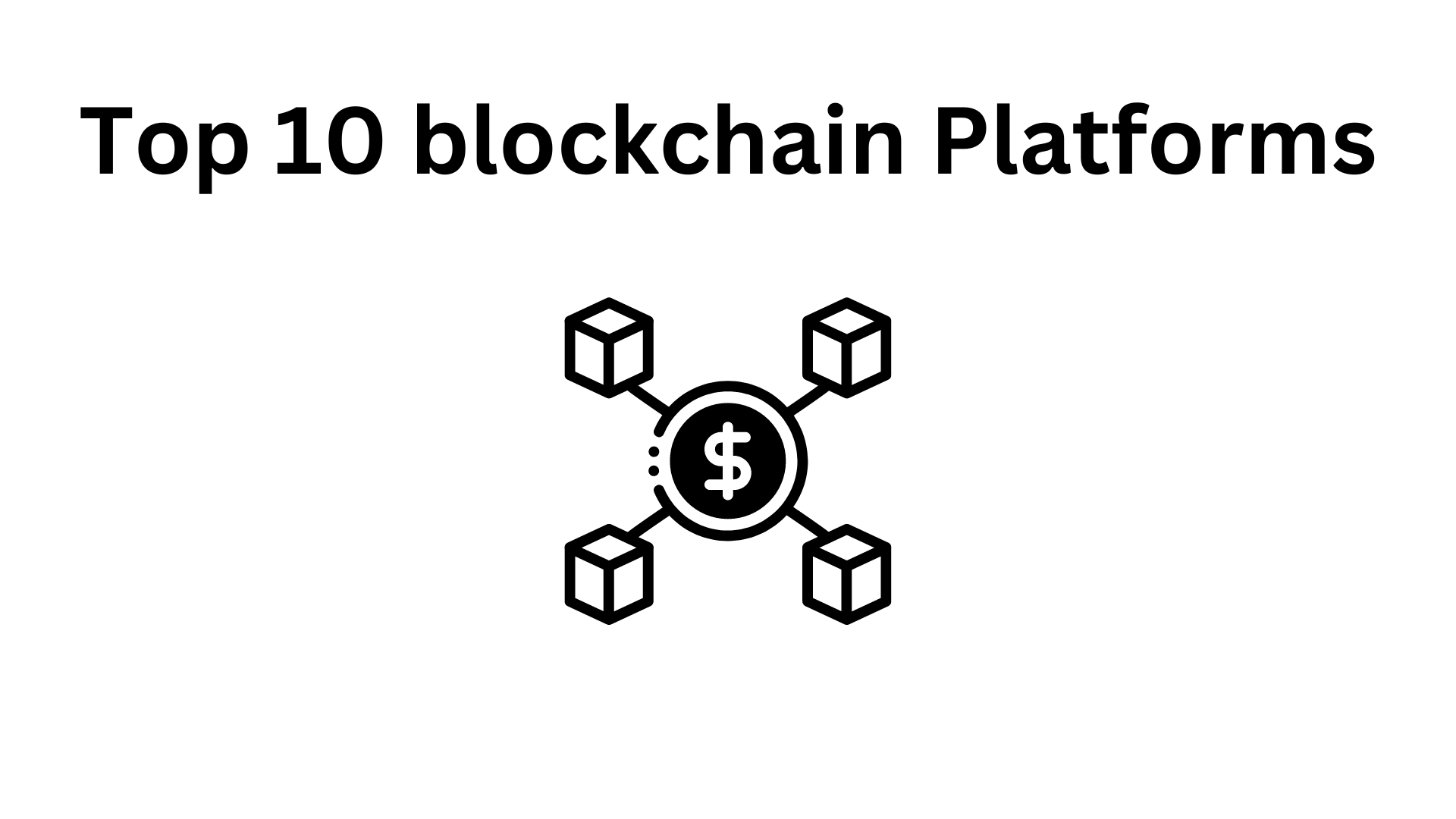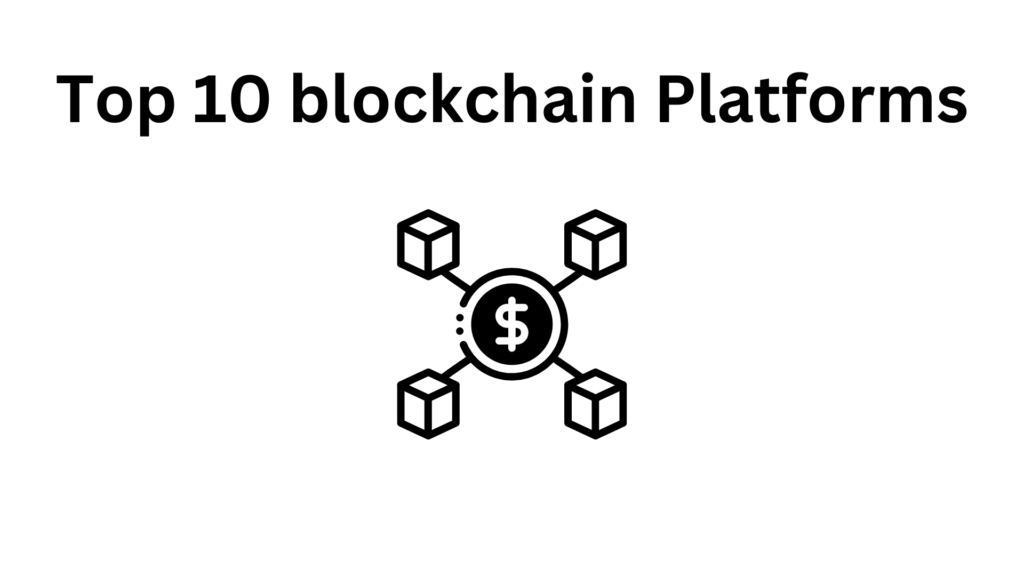Physical Address
304 North Cardinal St.
Dorchester Center, MA 02124

Physical Address
304 North Cardinal St.
Dorchester Center, MA 02124


The blockchain revolution is in full swing, reshaping industries and igniting possibilities across a vast spectrum. From decentralized finance (DeFi) to non-fungible tokens (NFTs), the underlying technology is proving its versatility and potential. But with so many platforms vying for attention, choosing the right one can be daunting.
Fear not, intrepid explorer! This article will navigate you through the top 10 blockchain platforms of 2023, highlighting their strengths, weaknesses, and specific use cases. Let’s crack the code and see what platforms are making waves:
The granddaddy of them all, Ethereum reigns supreme with its robust smart contract functionality and vibrant developer community. However, scalability challenges and high gas fees remain its Achilles’ heel.
Boasting rapid transaction speeds and low fees, BSC has become a haven for DeFi and GameFi applications. However, its centralized nature raises concerns about censorship and security.
Scalability is Solana’s middle name, thanks to its unique hybrid consensus mechanism. Its blazing-fast transaction speeds and low fees make it ideal for high-frequency trading and NFTs.
Built with meticulous care and academic rigor, Cardano prioritizes security and sustainability. Its innovative staking system and upcoming smart contract launch hold immense potential.
This multi-chain network fosters interoperability, allowing seamless communication between different blockchains. Its modular design offers flexibility and customization for diverse applications.
Built for speed and reliability, Avalanche boasts near-instantaneous finality and a vibrant DeFi ecosystem. Its subnet technology allows for custom blockchain creation for specific needs.
This self-amending platform prides itself on its on-chain governance system, allowing stakeholders to vote on upgrades and protocol changes. Its focus on formal verification adds another layer of security.
Interoperability takes center stage with Cosmos, connecting independent blockchains into a cohesive “Internet of Blockchains.” Its scalability and application-specific chains offer developers tremendous flexibility.
This enterprise-focused platform prioritizes privacy and permissioned access, making it ideal for corporate and government use cases. Its modular architecture allows for customization and integration with existing systems.
Combining digital assets with smart contracts, NEO targets the Chinese market with a focus on efficiency and regulatory compliance. Its hybrid consensus mechanism adapts to changing network conditions.
Choosing the right platform depends on your specific needs and goals. Consider factors like transaction speed, fees, security, developer community, and supported applications before making your final decision.
The blockchain landscape is constantly evolving, with new platforms emerging every day. Keep an eye on this dynamic space and be prepared to adapt and explore as the technology matures. This journey into the top 10 may be just the beginning of your blockchain odyssey!
By J4Truth
Griffin Espinosa